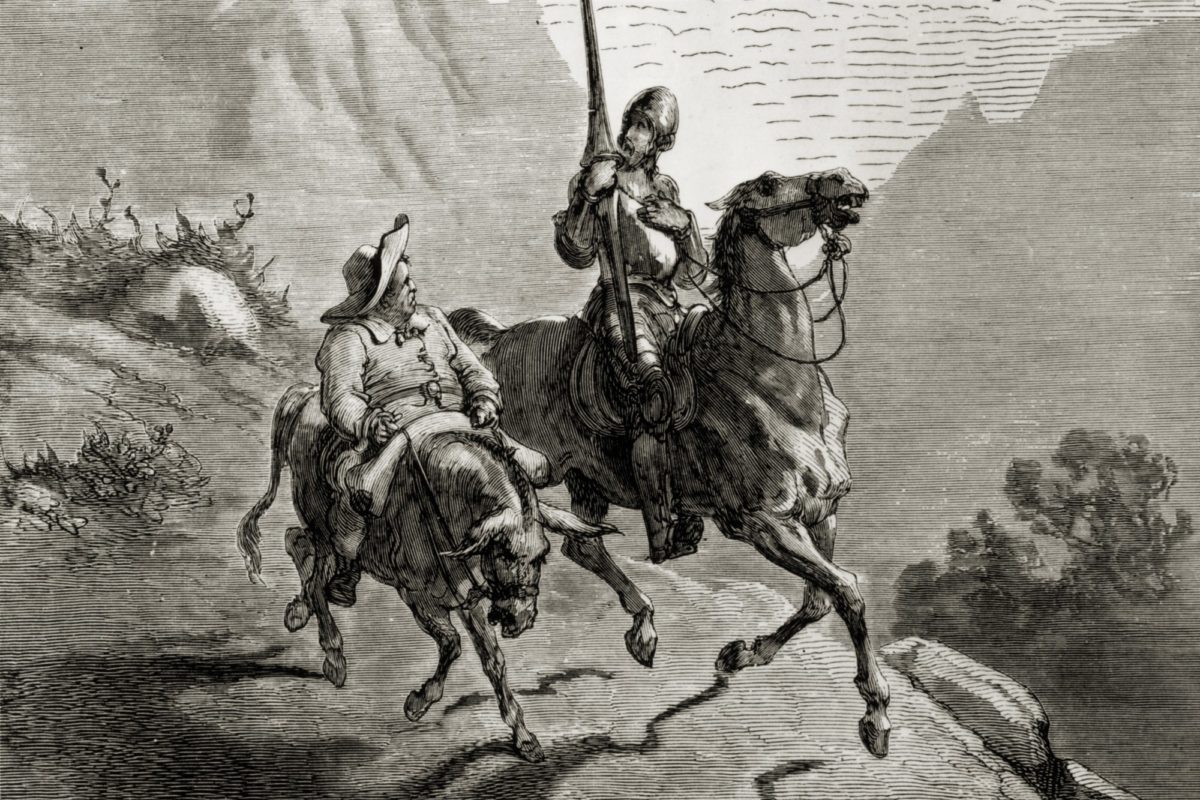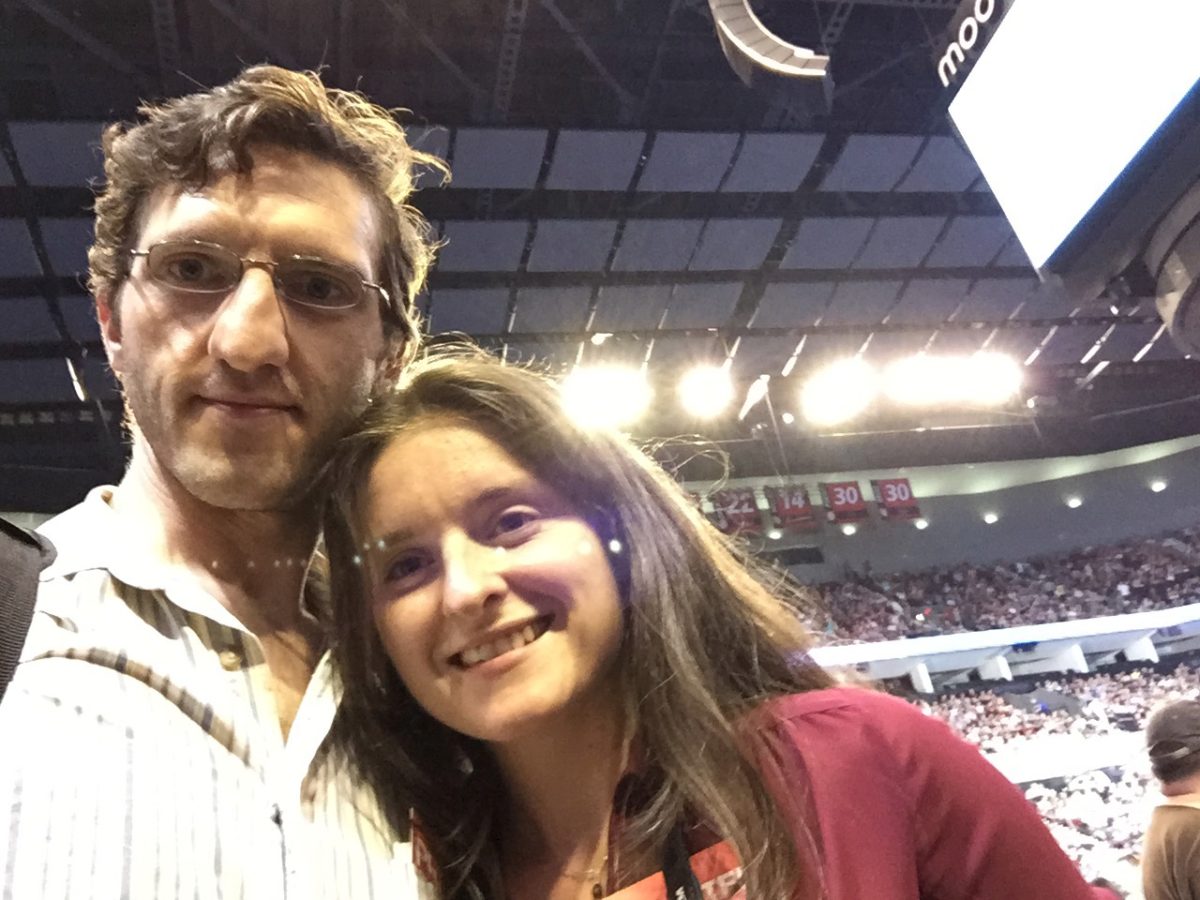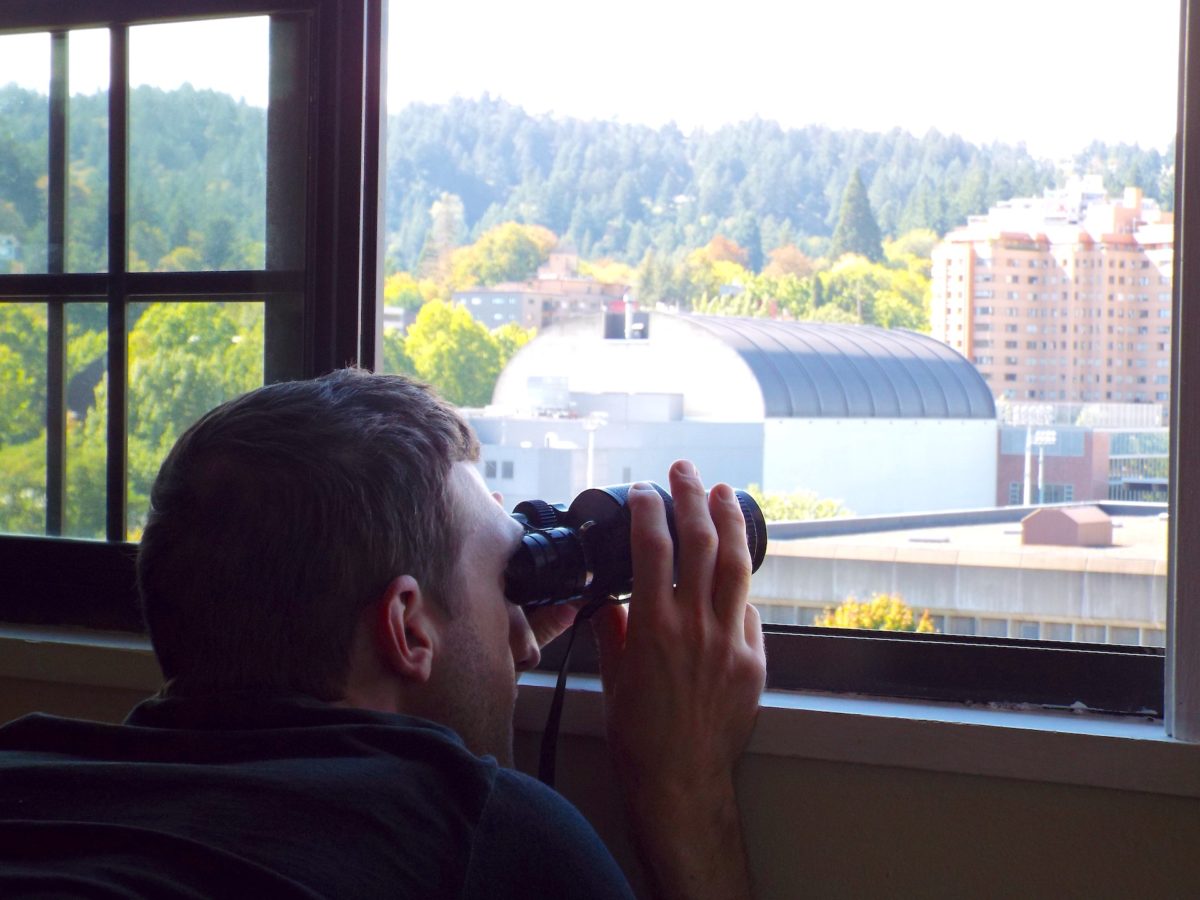Part 1
The Journalist Errant
One of the first books I recall reading to educate myself on multimedia was The Gutenberg Galaxy, by Marshal McLuhan. The author that coined the term “global village” and “hot/cold media” should be every journalist and web programmer’s required reading, to build a clear foundation of what the hell they are doing. In this book, he analyzes Don Quixote as a character, and a story, in the early age of print media.
The gist of it is, when Quixote set out to become a “knight errant,” he was reaching back to an older time, a time before the printing press when knights ruled the land by unwritten laws, when literacy was wholly uncommon.
Hilariously written by Miguel de Cervantes, published 1605, Don Quixote is contemporary to the author’s time, and it is a fictional study on the psychological phenomena that trails the advent of major technological advancements in media. When a new medium is introduced, it changes media, and consciousness is affected.
I am currently reading both The Adventures of Don Quixote and Understanding Media, by McLuhan.

By the extraordinary power of this new form of media (mass-produced books) and its disruptive affect on the senses (oral culture versus literate, auditory versus visual), a regular householder in some village hallucinated himself into a knight and set about for a new life of heroic adventures and chivalry.
The most famous scene in the book is within the first tenth of its volumes. That is when Quixote is fighting the windmills he has mistaken for giants, against the alarms of his squire, Pancho de la Mancha. Quixote is an older man, probably experiencing dementia, but a specific kind influenced by books. He believes in a world that he never lived in, because he’s become expert to it through books.
I failed to recognize McLuhan’s lesson about Don Quixote when I engaged in the pursuit of starting an internet-based media corporation.
The modern medium shift today is electric technology. The evolution of new forms of media resulting from the new medium has been rapid. From signal transmissions by wire, to radio, to cable television, and now fiber-optic internet, we are living in the equivalent stage today as Don Quixote was then, as the whole structure of society is being rewired, pun intended.
We are changing and we don’t see it changing us until it has already taken a grip over our behavior.
I reviewed The Gutenberg Galaxy, and the article is archived with the rest of THRU. To have the trail of my work from seed to flower and back to compost is a study of progress itself. The oldest posts there are mine, and very few have been edited since.
About six years ago, all content original to seanongley.com was transferred, along with my dreams, to a string of sites that would eventually become THRU.media My dreams would be supported, if not complicated, by pursuing the dream of building Thru Media LLC.
Today, I have personal insight into the media industry and the whole ecosystem that McLuhan saw coming is unfolding rapidly within my generation.
I’m watching the Quixote effect take people down every day. I would say that my story with THRU is like my own knight errantry, my adventure where I had no calling outside the fire in my heart, no rules except the abstract principles of justice, driven by the affect of a major advancement in electric technology: The Internet.
My Pancho was Kathleen Dolan. Unlike Quixote, I was in love with my Pancho, and we had a domestic relationship. Rather, she was that and my Dulcinea del Toboso, the subject of Quixote’s devotion and chivalry. As such, I both abused Kate by dragging her along into my adventures, and devoted myself to her, as I believed she was destined to be a great writer and that I was there to bridge the gap from bartender to Author.

I pulled a special little publication together with some big dreams, worked with other dreamers, and we took it on with a spirited campaign. We held ourselves to a standard that improved the quality of the content over time.
We came very close to launching a successful company, but as I humbly tell my story, I hope to illustrate that I was trying to stand on the shoulders of giants. But they turned out actually to be windmills.
